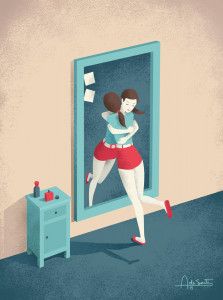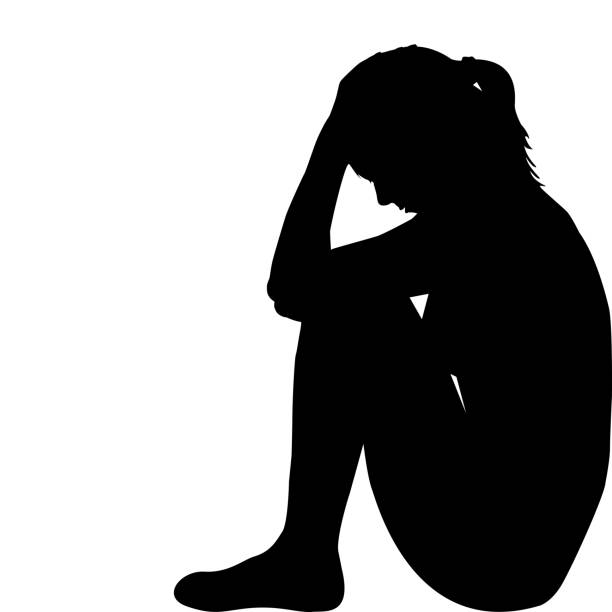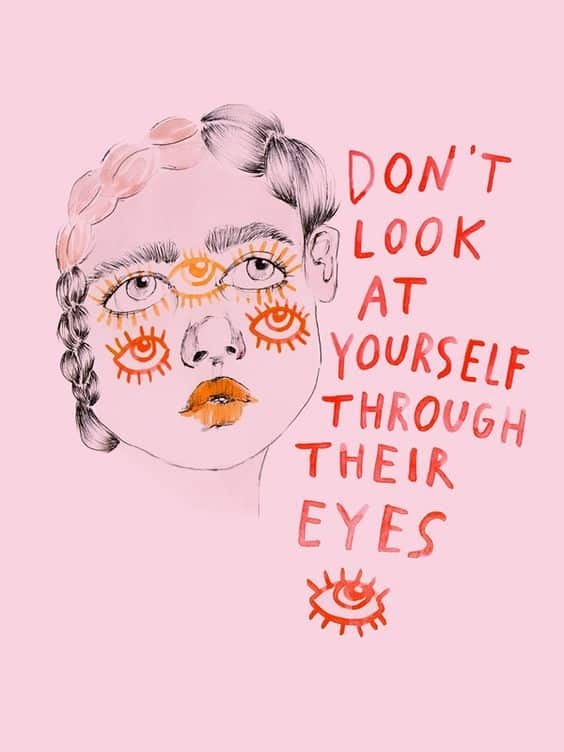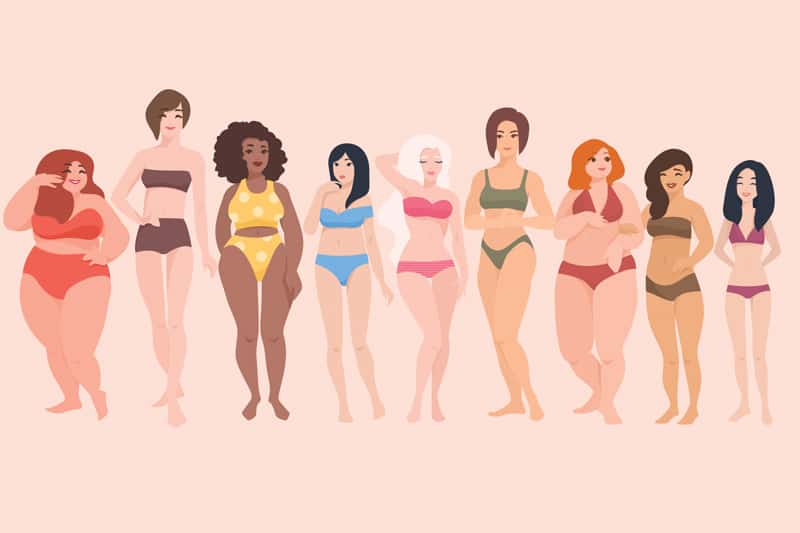In 2016, the number of people estimated to be suffering from mental health issues like depression and anxiety amounted to roughly 1.1 billion. Since then, numbers have likely continued to rise. Moreover, studies have also shown women especially on average are a) more likely to suffer from mental health issues, and b) less likely to talk about them. The taboo in Pakistan surrounding depression and anxiety disorders only serve to aggravate the individuals suffering even more. For the women who cannot seek out full time therapy, we’ve enlisted the help of a trained therapist. You sent us in your questions – here are the answers!

“I have been ill for two years and have lost a lot of weight because of that. People make fun of me because of how skinny and terrible I look. I wish my health was in my own hands so I could be healthy as soon as possible. What can I do to make myself feel better? How do I stop letting these things bother me?”

Shahrukh’s Response:
That’s awful. Living in this society, I’ve seen first-hand the impact of people’s comments on one’s relationship with their body and how they view it. Let’s explore this issue together, and see how we help you feel safe and grounded in your own skin.
Self-Image: Ours Or Theirs?
Living in the current age of social media, there’s this idea of how we are “supposed to” look. Our culture, our family, peers, anyone you meet will reinforce this image and will perpetuate this toxic cycle of the “right” weight or appearance. Another dimension to this is exploring the fact that a large chunk of the population externalises their perception of themselves. What this means is that we only see ourselves as others see us. The concept of determining our own self-worth might have been neglected somewhere along the way and in return, we never learnt what it means to be comfortable with who we are. It’s almost as if one is trying to seek out this sense of approval or validation from the rest of the world because that’s what we learnt to do over the course of our lives. There’s this sense of power that we surrender to others.
The Voices In Your Head: Are They Yours?
Just for a moment, I want you to forget others and what they think. What do you think of yourself? Are the thoughts and feelings that you harbour towards yourself yours, or are they the echoes of societal commentary and expectations? What does your voice of compassion and understanding say to you? The one that tells you that it’s okay, the one that tells you that you’re enough and okay just the way you are. Can you hear it?

Getting your own power back and strengthening that voice of compassion within us.
It all boils down to one thing: we grant people the authority and power to tear us down and tell us how to view ourselves. That isn’t really fair, is it? Overtime however, you can learn to take that power back into your own hands. Here are some of the things you can do to help keep yourself grounded, and build up that strength and relationship with yourself.
- Set boundaries: People can say things and sometimes, it can hurt us. But it’s important to voice this and tell them that you are not comfortable with comments regarding your weight or appearance.
- Talk to and confide in those who support you, and are generally more body positive: Talking to people who are supportive and understand what you’re going through can be quite helpful, especially if they’re willing to listen and provide a safe space for you when you’re feeling vulnerable.
- Allow yourself to feel what you’re feeling: At the end of the day, you are human and more often than not, you will have responses to what other people say. Allow yourself to really experience what you’re feeling. While you’re immersed in that feeling, try to see what’s happening – where is that pain coming from? What is being triggered in that moment? Our emotions serve a purpose and are responses to experiences. If the emotions you feel are painful, try to go deeper and see what they’re trying to tell you.
- Practice self-compassion: In previous articles, I’ve often spoken on what it means to love ourselves unconditionally and allowing ourselves to accept ourselves in the face of shortcomings, emotional upheavals or any experience we go through. This practice can be done in several ways, some of these include:
- Using a positive mantra or phrase and repeating it to yourself. I would encourage you to do this while looking into a mirror. However, if that is uncomfortable, just simply say the words to yourself. Words like: I am enough. I am beautiful. I will treat myself and my body with respect. I define myself and my worth. I am strong.
- Treating yourself with the same compassion as you would a loved one.
- Noting down words of gratitude for yourself and your accomplishments.
- Try to replace negative self-talk with words of compassion. Example: “I am sad, I allowed myself to cry and that’s alright. This does not make me weak,” instead of “I’m so weak, I cry all the time.”

Anon, people’s words can hurt us, and it’s okay to be sad or upset if they do. I would really encourage you to find that voice of compassion and work on that relationship with yourself. You are stronger than you know. I wish you all the best. All the best and stay in your power!

The above article is written by Shahrukh Shahbaz Malik who is trained in humanistic integrative counselling at CPDD in the UK and currently has her own private practice in Karachi. The views expressed in this article are those of one expert. They do not necessarily represent the views of Mashion, nor do they represent the complete picture of the topic at hand. This article is for informational purposes only and is not a substitute for medical diagnosis or treatment.




What do you think?
You must be logged in to post a comment.